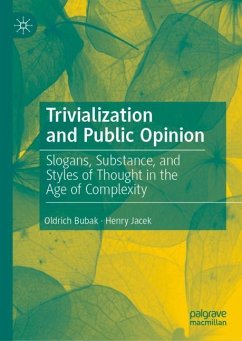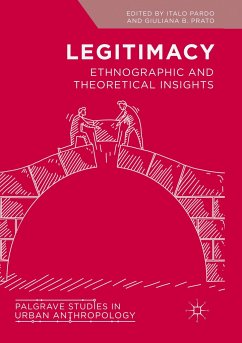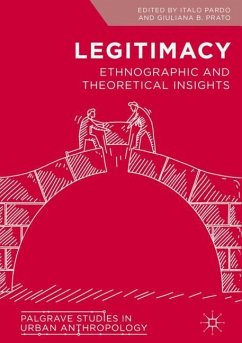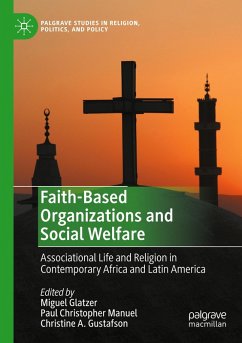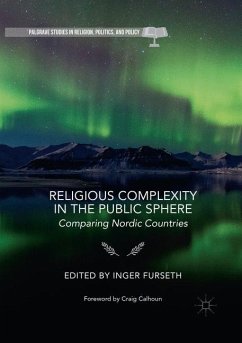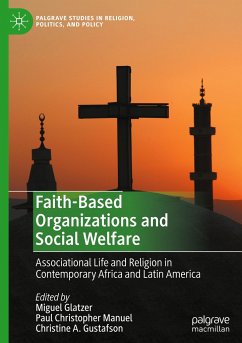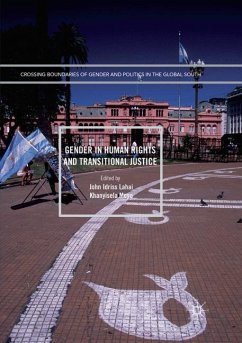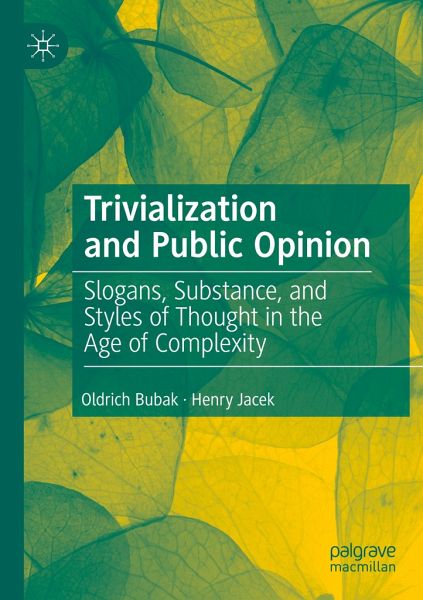
Trivialization and Public Opinion
Slogans, Substance, and Styles of Thought in the Age of Complexity
Versandkostenfrei!
Versandfertig in 6-10 Tagen
38,99 €
inkl. MwSt.
Weitere Ausgaben:

PAYBACK Punkte
19 °P sammeln!
Centering on public discourse and its fundamental lapses, this book takes a unique look at key barriers to social and political advancement in the information age. Public discourse is replete with confident, easy to manage claims, intuitions, and other shortcuts; outstanding of these is trivialization, the trend to distill multifaceted dilemmas to binary choices, neglect the big picture, gloss over alternatives, or filter reality through a lens of convenience-leaving little room for nuance and hence debate. Far from superficial, such lapses are symptoms of deeper, intrinsically connected short...
Centering on public discourse and its fundamental lapses, this book takes a unique look at key barriers to social and political advancement in the information age. Public discourse is replete with confident, easy to manage claims, intuitions, and other shortcuts; outstanding of these is trivialization, the trend to distill multifaceted dilemmas to binary choices, neglect the big picture, gloss over alternatives, or filter reality through a lens of convenience-leaving little room for nuance and hence debate. Far from superficial, such lapses are symptoms of deeper, intrinsically connected shortcomings inviting further attention. Focusing primarily on industrialized democracies, the authors take their readers on a transdisciplinary journey into the world of trivialization, engaging as they do so the intricate issues borne of a modern environment both enabled and constrained by technology. Ultimately, the authors elaborate upon the emerging counterweights to conventionalworldviews and the paradigmatic alternatives that promise to help open new avenues for progress.





